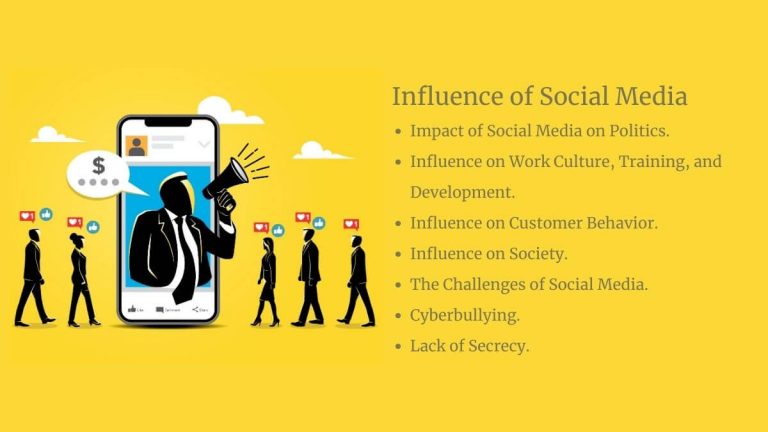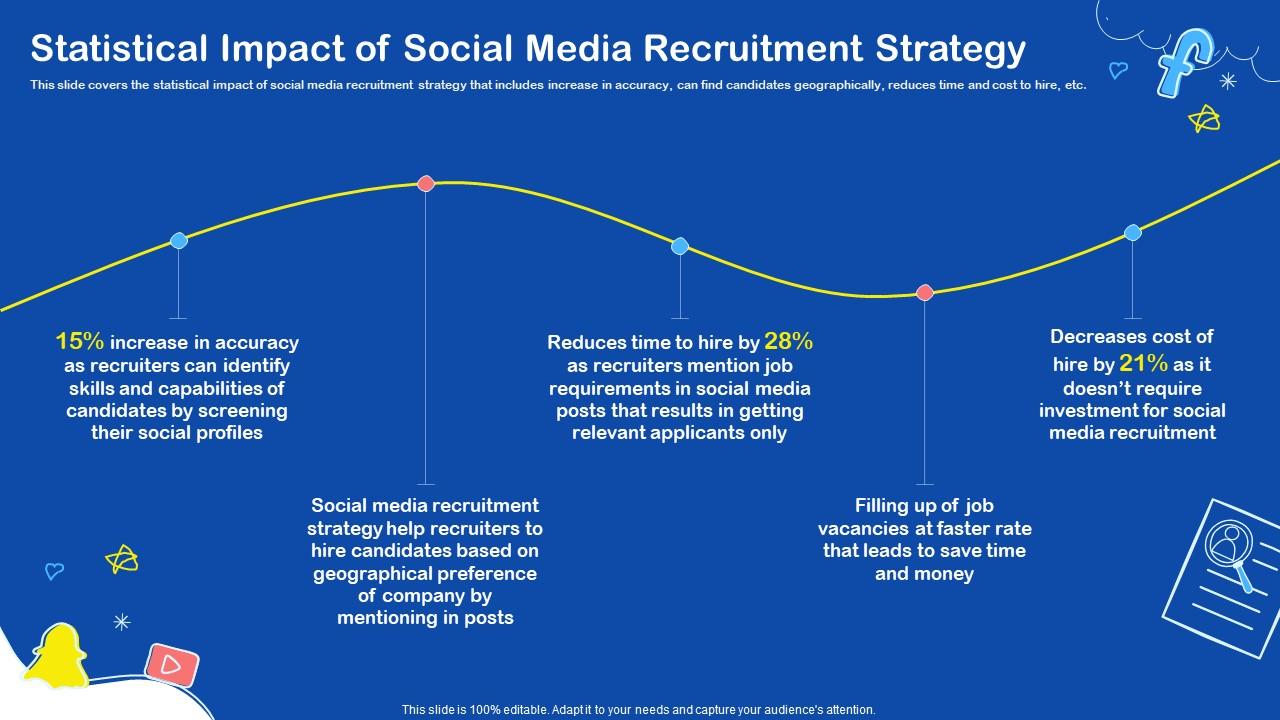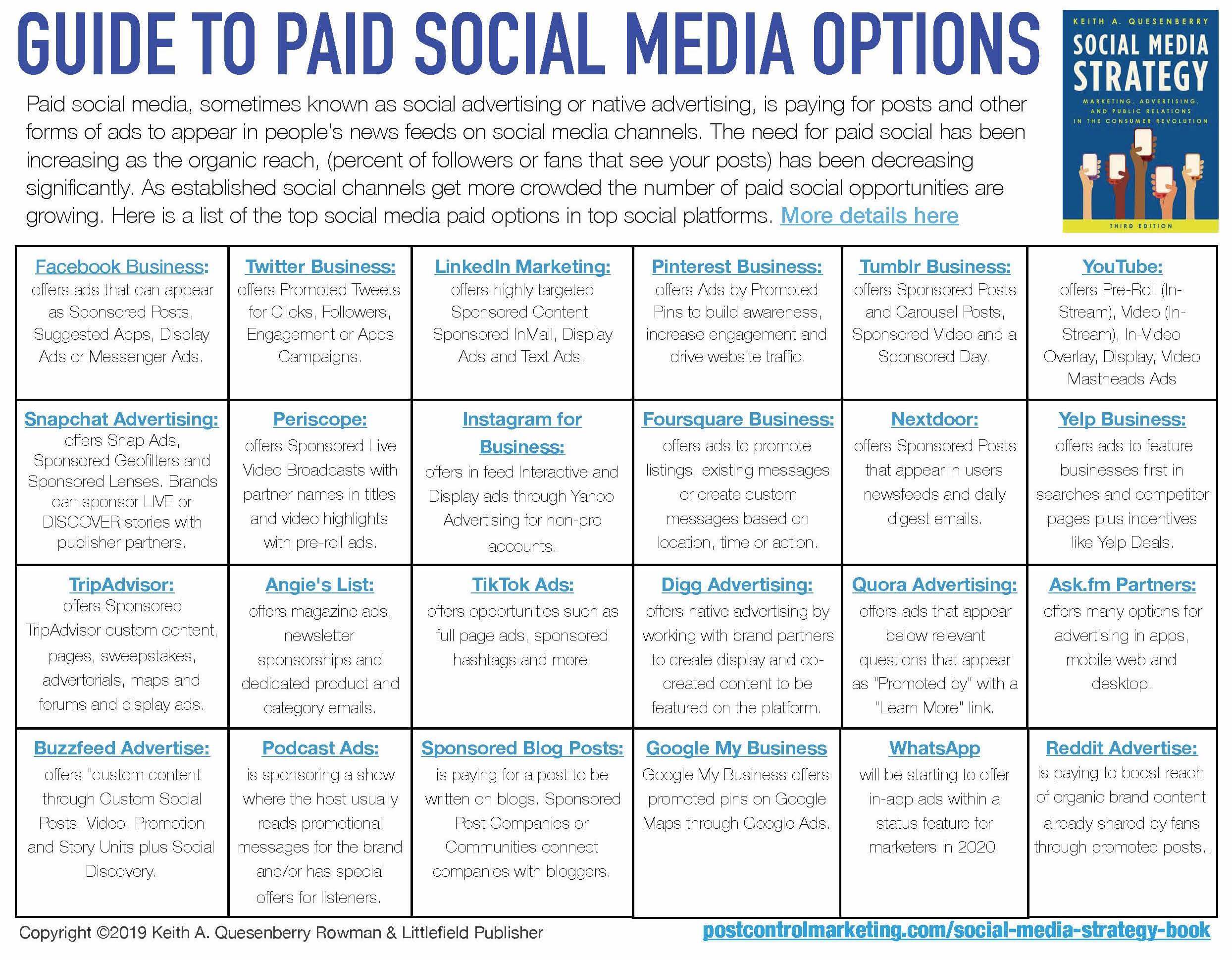Cracking the Code: Understanding Social Media Pay Rates
The world of social media is rapidly evolving, and the demand for skilled professionals who can create and implement effective social media strategies is on the rise. As a result, understanding how much social media pays has become a crucial aspect of career development and business planning. Whether you’re a social media manager, content creator, or entrepreneur, knowing the average salary ranges for social media professionals can help you make informed decisions about your career and business.
So, how much does social media pay? The answer is complex and influenced by a variety of factors, including experience, industry, location, skills, and employment status. In this article, we’ll delve into the various factors that impact social media salaries, providing you with a comprehensive understanding of the current market trends and rates.
From entry-level positions to senior roles, social media salaries vary widely depending on the specific job requirements, industry, and location. For instance, a social media manager in the marketing industry may earn a higher salary than a social media coordinator in the non-profit sector. Similarly, a social media professional with expertise in content creation may command a higher salary than one with limited experience in analytics.
By understanding the factors that influence social media salaries, you’ll be better equipped to navigate the complex world of social media careers and make informed decisions about your professional development and business planning.
The Role of Experience: How Your Background Impacts Your Salary
Experience plays a significant role in determining social media salaries. The more experience you have, the higher your salary is likely to be. This is because experienced professionals have developed a range of skills and expertise that are valuable to employers. For example, a social media manager with 5 years of experience may be able to command a higher salary than a social media coordinator with only 1 year of experience.
Entry-level positions in social media typically require little to no experience, and salaries for these roles tend to be lower. However, as you gain experience and move into more senior roles, your salary is likely to increase. For instance, a social media specialist with 2-3 years of experience may earn a salary in the range of $40,000 to $60,000 per year, while a senior social media manager with 5-7 years of experience may earn a salary in the range of $80,000 to $110,000 per year.
It’s worth noting that experience is not the only factor that determines social media salaries. Other factors, such as industry, location, and skills, also play a significant role. However, experience is a key factor in determining salary levels, and it’s essential to consider this when researching how much social media pays.
Here are some approximate salary ranges for social media professionals based on experience:
Entry-level (0-2 years of experience): $30,000 to $50,000 per year
Mid-level (2-5 years of experience): $50,000 to $80,000 per year
Senior-level (5-7 years of experience): $80,000 to $110,000 per year
Executive-level (7+ years of experience): $110,000 to $140,000 per year
Industry Insights: How Different Sectors Impact Social Media Salaries
The industry in which you work can have a significant impact on your social media salary. Different sectors have varying levels of demand for social media professionals, and this demand can drive salaries up or down. For example, the marketing and advertising industries tend to pay higher salaries for social media professionals, as they are often looking for experienced professionals who can create and implement effective social media strategies.
In contrast, the non-profit sector tends to pay lower salaries for social media professionals, as these organizations often have limited budgets and may not be able to compete with the salaries offered by for-profit companies. However, working in the non-profit sector can provide a sense of fulfillment and purpose that may not be found in other industries.
Here are some approximate salary ranges for social media professionals in different industries:
Marketing and Advertising: $60,000 to $100,000 per year
Non-Profit: $40,000 to $70,000 per year
Technology: $80,000 to $120,000 per year
Finance: $70,000 to $110,000 per year
Healthcare: $50,000 to $90,000 per year
It’s worth noting that these are just general salary ranges, and actual salaries can vary widely depending on factors such as location, experience, and specific job requirements. Additionally, salaries can vary widely within industries, and it’s essential to research the specific salary ranges for your desired role and industry.
When researching how much social media pays, it’s essential to consider the industry in which you’re interested in working. By understanding the salary ranges for different industries, you can make informed decisions about your career and negotiate a fair salary.
The Impact of Location: How Geography Affects Social Media Pay
Location is another significant factor that affects social media salaries. The cost of living, industry demand, and competition for talent can all impact salaries in different regions. For example, cities like New York and San Francisco tend to have higher salaries for social media professionals due to the high cost of living and the presence of many tech and marketing companies.
In contrast, smaller cities and rural areas may have lower salaries for social media professionals due to lower demand and a smaller talent pool. However, these areas may also offer a lower cost of living, which can help offset the lower salary.
Regional variations in pay rates can also be significant. For example, the Northeast and West Coast regions of the United States tend to have higher salaries for social media professionals, while the Midwest and South tend to have lower salaries.
Here are some approximate salary ranges for social media professionals in different regions:
Northeast: $60,000 to $100,000 per year
West Coast: $70,000 to $120,000 per year
Midwest: $40,000 to $80,000 per year
South: $50,000 to $90,000 per year
It’s essential to research the specific salary ranges for your desired location and industry to understand how much social media pays in your area. Additionally, considering the cost of living and other factors can help you make informed decisions about your career and negotiate a fair salary.
Skills and Specializations: How Expertise Impacts Your Salary
Skills and specializations play a significant role in determining social media salaries. The more specialized and in-demand your skills are, the higher your salary is likely to be. For example, social media professionals with expertise in content creation, analytics, and strategy tend to earn higher salaries than those with more general skills.
Content creation is a highly valued skill in the social media industry, and professionals with expertise in this area can earn salaries ranging from $50,000 to $90,000 per year. Analytics is another highly sought-after skill, and professionals with expertise in this area can earn salaries ranging from $60,000 to $100,000 per year.
Strategy is also a critical skill in the social media industry, and professionals with expertise in this area can earn salaries ranging from $70,000 to $120,000 per year. Other specialized skills, such as social media advertising and influencer marketing, can also command high salaries.
Here are some approximate salary ranges for social media professionals with different skills and specializations:
Content creation: $50,000 to $90,000 per year
Analytics: $60,000 to $100,000 per year
Strategy: $70,000 to $120,000 per year
Social media advertising: $80,000 to $150,000 per year
Influencer marketing: $90,000 to $180,000 per year
It’s essential to note that these salary ranges are approximate and can vary widely depending on factors such as location, industry, and experience. However, by developing specialized skills and expertise, social media professionals can increase their earning potential and stay competitive in the job market.
Freelance vs. Full-Time: How Employment Status Affects Social Media Pay
When it comes to social media salaries, employment status can play a significant role. Freelance and full-time social media professionals often have different pay rates, benefits, and drawbacks. Understanding the differences between these two employment statuses can help you make informed decisions about your career and negotiate a fair salary.
Freelance social media professionals often earn higher hourly rates than full-time employees, but they may not have access to benefits like health insurance, paid time off, and retirement plans. Freelancers also have to handle their own taxes, invoicing, and other business-related tasks, which can be time-consuming and costly.
Full-time social media professionals, on the other hand, often earn a steady salary and have access to benefits like health insurance, paid time off, and retirement plans. However, they may have less flexibility in their work schedule and may be required to work a set number of hours per week.
Here are some approximate hourly rates for freelance social media professionals:
Beginner: $25-$50 per hour
Intermediate: $50-$100 per hour
Advanced: $100-$200 per hour
And here are some approximate salary ranges for full-time social media professionals:
Entry-level: $30,000-$50,000 per year
Mid-level: $50,000-$80,000 per year
Senior-level: $80,000-$120,000 per year
Ultimately, whether you choose to work as a freelancer or full-time employee, it’s essential to understand the pay rates and benefits associated with each employment status. By doing so, you can make informed decisions about your career and negotiate a fair salary that reflects your skills, experience, and value to the company.
Negotiating Your Worth: Tips for Securing a Fair Social Media Salary
Negotiating a fair social media salary requires research, preparation, and confidence. To ensure you’re earning a salary that reflects your skills and experience, follow these tips:
Research industry standards: Look at salary data from reputable sources such as Glassdoor, Payscale, or the Bureau of Labor Statistics to determine the average salary for social media professionals in your area.
Highlight your skills and experience: Make a list of your relevant skills and experience, and be prepared to explain how they align with the job requirements. This will help you make a strong case for your worth.
Know your worth: Be confident in your abilities and know your worth. Don’t be afraid to ask for a salary that reflects your skills and experience.
Be flexible: Be open to negotiation and willing to consider alternative compensation options, such as additional benefits or a performance-based raise.
Here are some additional tips to keep in mind:
Don’t be afraid to walk away: If the salary offer is not acceptable, be willing to walk away from the job offer.
Use data to support your request: Use data from reputable sources to support your request for a higher salary.
Be confident but respectful: Be confident in your abilities and worth, but also be respectful of the employer’s budget and constraints.
By following these tips, you can negotiate a fair social media salary that reflects your skills and experience. Remember to stay informed and adapt to the ever-changing landscape of social media careers.
Conclusion: Navigating the Complex World of Social Media Salaries
In conclusion, understanding the various factors that influence social media salaries is crucial for both employers and employees. By recognizing the impact of experience, industry, location, skills, and employment status on social media pay rates, individuals can make informed decisions about their careers and negotiate fair salaries.
As the social media landscape continues to evolve, it’s essential to stay informed and adapt to the changing job market. By doing so, social media professionals can ensure they’re earning a salary that reflects their skills, experience, and value to the company.
Remember, knowing how much social media pays is just the first step. It’s essential to consider the various factors that influence social media salaries and to negotiate a fair salary that reflects your worth.
By following the tips and insights outlined in this article, social media professionals can navigate the complex world of social media salaries and secure a fair salary that reflects their skills, experience, and value to the company.
Stay informed, stay adaptable, and stay ahead of the curve in the ever-changing landscape of social media careers.






